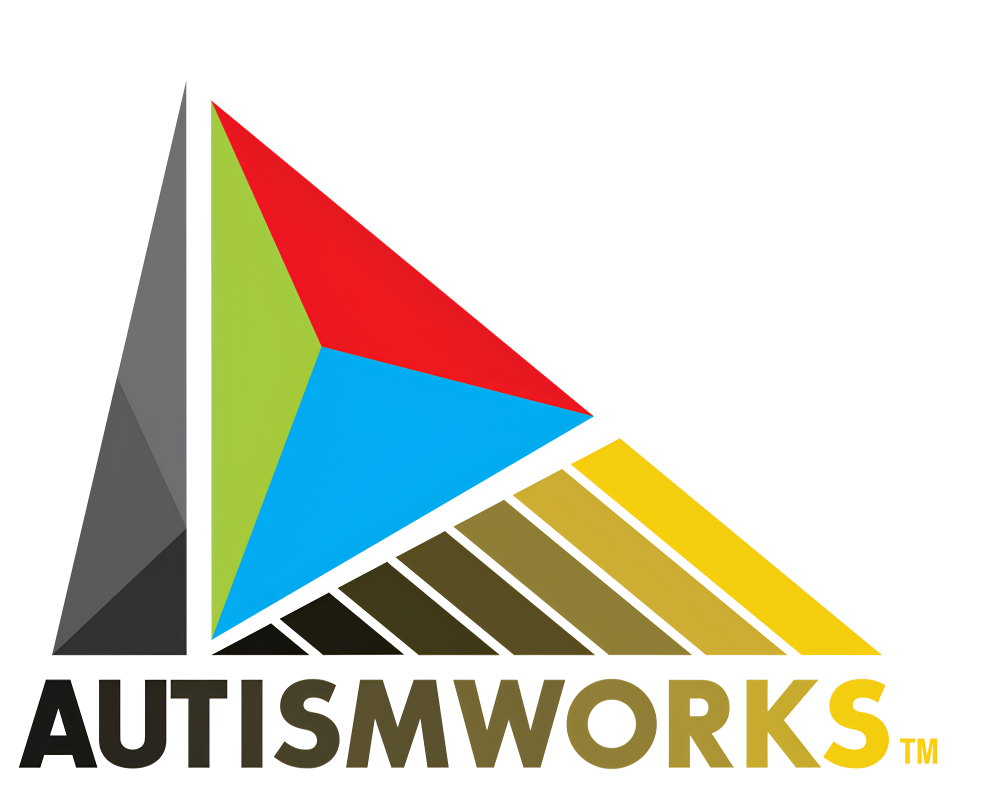Building Connections: Why Friendship is Hard and How to Make it Easier
Hello AutismWorks Community,
Making friends is a deeply rewarding experience, but for many individuals with autism, it can feel like an uphill battle. The social dynamics that others navigate naturally can be confusing, overwhelming, or even stressful for those on the spectrum. While forming friendships may be difficult, it’s not impossible—and with the right strategies, meaningful connections can be made.
In this edition, we’ll explore why making friends can be challenging for individuals with autism and share solutions to help foster those connections.
Why is Making Friends Difficult?
Friendships often rely on unspoken rules, subtle social cues, and shared interests—areas where individuals with autism might face unique challenges. Here are some reasons it can feel so difficult:
- Difficulty Reading Social Cues: Facial expressions, body language, and tone of voice are often subtle and can be hard to interpret, making social interactions confusing.
- Sensory Sensitivities: Overstimulating environments, like noisy social gatherings, can make it challenging to focus on conversations or feel comfortable.
- Struggles with Small Talk: Casual conversation often acts as a gateway to friendships, but for individuals who prefer deep, structured discussions, small talk may feel awkward or uninteresting.
- Fear of Rejection: Past experiences of being misunderstood or excluded can make the idea of reaching out to others daunting.
These barriers can lead to feelings of isolation, but with understanding and the right tools, they can be addressed.
Solutions: How to Build Friendships
Building friendships may take extra effort, but it’s entirely possible. Here are some practical solutions to help foster connections:
1. Focus on Shared Interests
Friendships often grow from common ground. Encourage activities where like-minded people gather, such as hobby clubs, gaming groups, or special interest classes. Shared passions make it easier to connect without relying on small talk.
2. Practice Social Skills in Low-Stakes Settings
Start with smaller, low-pressure environments, like family gatherings or one-on-one playdates. Practicing basic social skills, like taking turns in conversation, asking questions, and showing interest in others, can build confidence for larger social settings.
3. Use Social Stories or Role-Playing
Role-playing social scenarios or using social stories to explore potential conversations can help individuals feel more prepared. Practicing phrases like, “Hi, my name is [Name]. What’s your favorite [hobby/interest]?” provides a structured way to start conversations.
4. Build Relationships Gradually
Friendships take time. Encourage small, consistent interactions, like sitting next to someone in a group activity or saying hello each day. Over time, these small efforts can grow into meaningful connections.
5. Find Supportive Communities
Seek out autism-friendly spaces where social interactions are designed to be inclusive and accommodating. Whether online or in-person, these communities often provide a welcoming environment for forming friendships.
For Caregivers: How to Support Friendship Building
Caregivers play a key role in helping individuals with autism navigate the social world. Here are a few ways to provide support:
- Model Social Behavior: Show how to greet people, make eye contact (if comfortable), and respond to conversations in real-world settings.
- Encourage Small Wins: Celebrate small successes, like starting a conversation or making a new acquaintance. Positive reinforcement builds confidence.
- Facilitate Opportunities: Help find structured activities, like team sports, art classes, or gaming groups, that align with the individual’s interests and strengths.
Why It’s Worth the Effort
Friendships provide more than just companionship—they offer opportunities to grow, learn, and share experiences. While the path to forming these connections may be challenging, each step forward is a step toward building a richer, more fulfilling social life.
Connections Start with Understanding
Friendship may feel difficult, but it’s far from impossible. By focusing on shared interests, practicing social skills, and building connections gradually, individuals with autism can form meaningful, lasting friendships. With patience, understanding, and support, we can create a world where everyone feels included and valued.
At AutismWorks, we’re here to help you on this journey, offering strategies, encouragement, and a community that understands the challenges and joys of making friends.
Warm regards,
Tyler McNamer



Responses